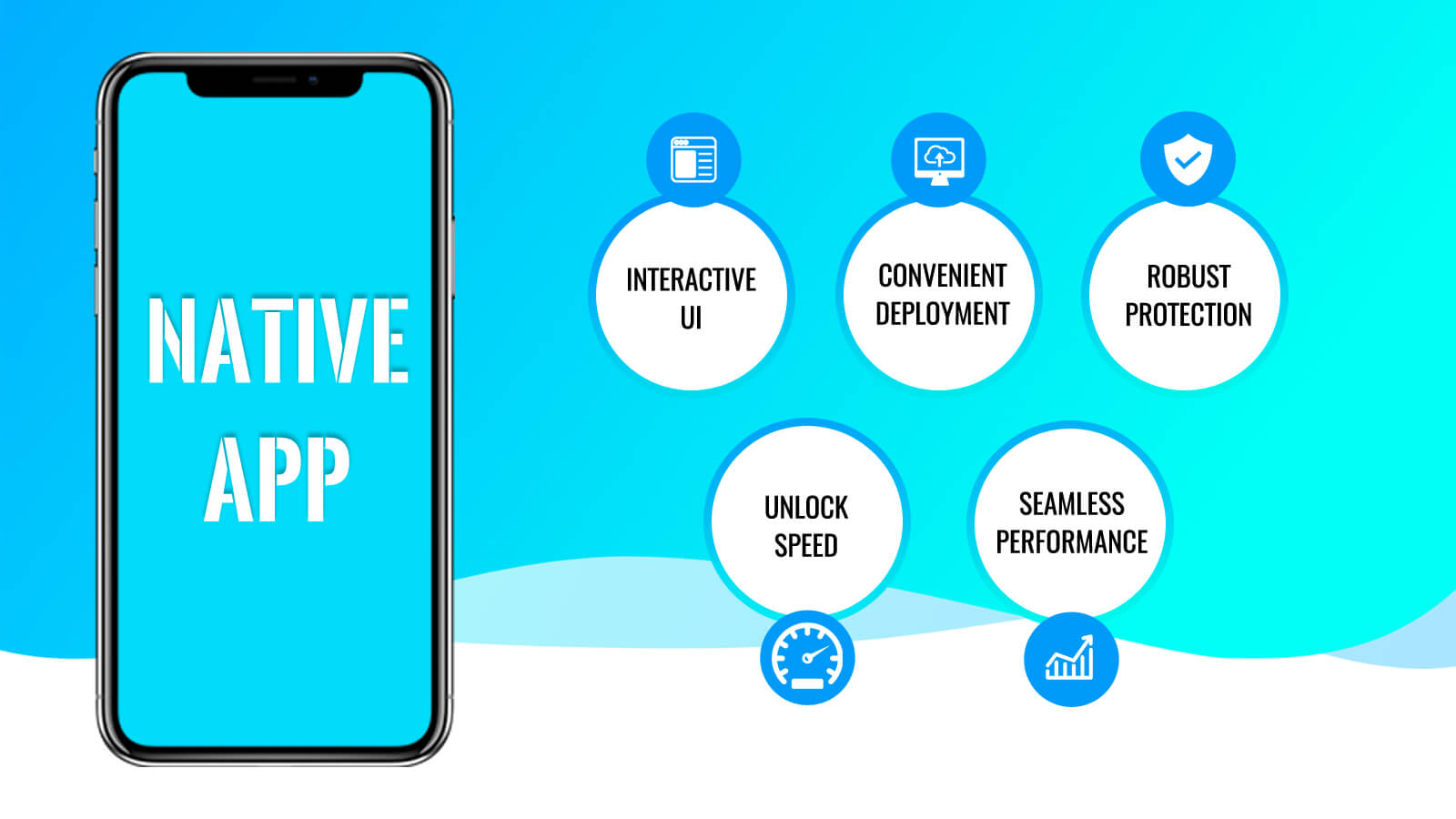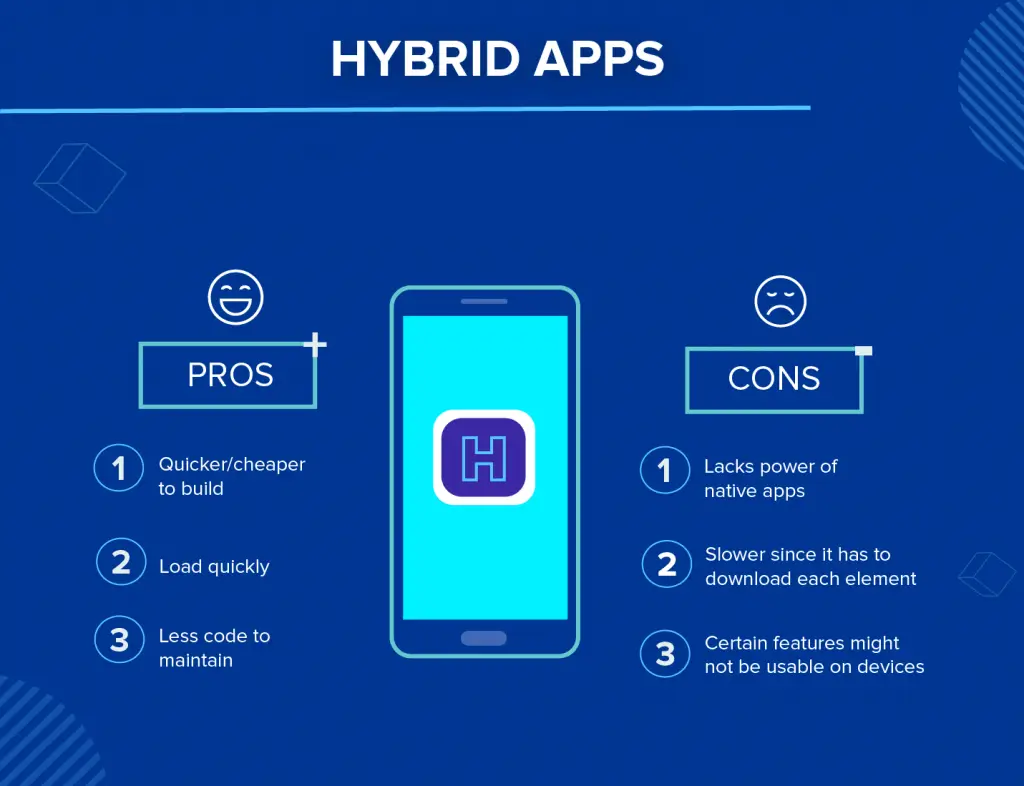MOBILE APPLICATION DEVELOPMENT DEVELOPMENT

NATIVE APPLICATION Development
Embark on a journey of innovation with Cloudswood’s Native Application Development services, meticulously crafted to unlock the full potential of your digital ventures. Leveraging cutting-edge technology and expert coding skills, our team delivers bespoke native applications tailored to your unique specifications. Dive into the advantages of partnering with us:
Optimized Performance: Native applications are finely tuned to the specific operating system, ensuring optimal performance and responsiveness.
Enhanced User Experience: Seamlessly integrated with the device’s features and functionalities, native apps provide an intuitive and immersive user experience.
Offline Functionality: Enjoy uninterrupted access to content and features, even in the absence of an internet connection.
Greater Security: Built-in security features inherent to native development frameworks provide robust protection against potential vulnerabilities.
Access to Device Capabilities: Harness the full potential of device hardware and software capabilities, enabling advanced functionalities and seamless integration with other applications.
Experience the power of native applications with Cloudswood, where innovation meets excellence.
HYBRID APPLICATION Development
Hybrid application development offers a versatile and efficient solution for businesses seeking to reach their audience across multiple platforms. With hybrid development, companies can enjoy several advantages:
Cross-platform compatibility: Hybrid apps are designed to work seamlessly across various operating systems, including iOS, Android, and web browsers, ensuring broader reach and accessibility for users.
Cost-effectiveness: By leveraging a single codebase for multiple platforms, hybrid development reduces both development time and costs, making it a more budget-friendly option compared to native app development.
Faster time-to-market: With hybrid development, businesses can expedite the release of their applications, capitalising on shorter development cycles and quicker deployment, thereby gaining a competitive edge in the market.
Offline capabilities: Hybrid apps can offer offline functionality, allowing users to access certain features and content even without an internet connection, enhancing user experience and engagement.
Simplified maintenance: Managing updates and implementing changes becomes more streamlined with hybrid apps, as modifications can be made centrally to the shared codebase, reducing maintenance efforts and ensuring consistency across platforms.



